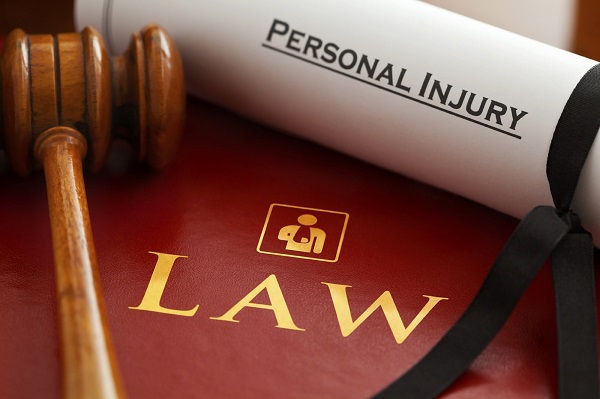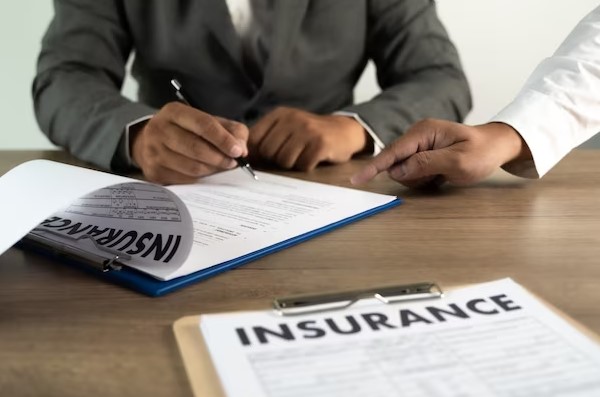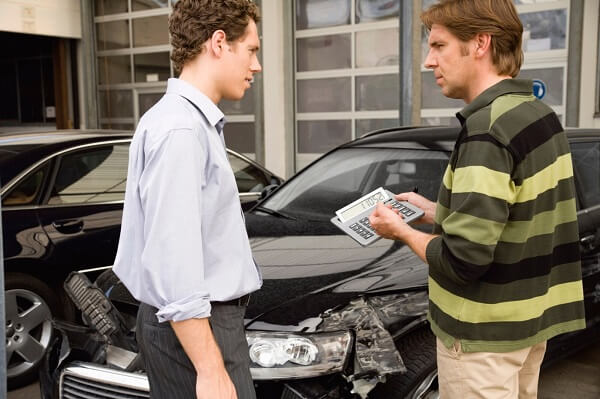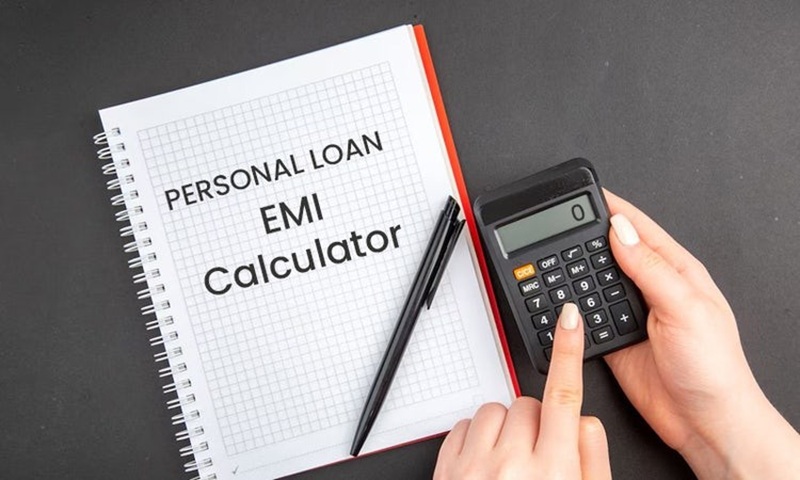A car accident can catch anyone of us off guard, and in those moments, knowing how to navigate the aftermath is like having a safety net. In this article, we’ll dive into the critical steps you should follow, from ensuring safety and seeking medical attention to contacting your lawyer and dealing with insurance.
It’s a roadmap to help you safeguard your well-being, protect your rights, and make sure you’re prepared for what comes next. So, let’s get started on this important journey of post-accident know-how!
1. Ensure Safety First
After a car accident, the first thing to do is make sure everyone is safe. This means moving your vehicle to a safe spot if you can, turning on your hazard lights, and checking for injuries on yourself and others.
Don’t forget to ask if anyone in the other cars is hurt too. Your safety and the safety of everyone involved is the most crucial thing to focus on. So, it’s all about reducing risks, letting others know about the accident, and making sure injured people get help quickly.
2. Seek Medical Attention
If anyone is hurt in an accident, it’s essential to get them to a doctor or a hospital immediately. You shouldn’t downplay how crucial this is because sometimes, injuries might not show up right away, and they need proper medical attention.
Even if you feel fine, it’s better to get checked out because some injuries may not have immediate symptoms. It’s like taking precautions to make sure everything is okay.
3. Call Your Lawyer
Getting in touch with a personal injury lawyer should be near the top of your to-do list. They play a crucial role in safeguarding your legal rights and guiding you through what comes after the accident. One big thing they do is make sure you don’t say anything that could be used against you in the future.
It’s like having a legal shield to keep you from making mistakes when dealing with the law. So, reaching out to your lawyer is like having a safety net for your rights and protection.

4. Alert the Authorities
In most situations, it’s vital to report the accident to the authorities. They will create an official report about the accident, documenting all the important details.
This report can be like a golden ticket when it comes to dealing with insurance companies and any potential legal issues. It can help determine who was at fault and what consequences follow.
Think of it as an official record that ensures fairness and clarity in what can sometimes be a complicated situation. So, reporting the accident to the authorities is like setting the stage for a fair and just resolution.
5. Gather Evidence
Gathering evidence is a must for figuring out what really went down during the accident. One way to do this is by taking pictures of the accident scene, the damage to the vehicles involved, and any visible injuries. These photos are like pieces of a puzzle that show the whole picture.
Additionally, if there were any witnesses to the accident, it’s a great idea to get their contact information. Witnesses can provide important perspectives and help validate your side of the story. It’s like having extra eyes and ears to support your case.
So, collecting evidence involves capturing the facts in pictures and gathering people who can vouch for what happened. This can ensure you’re in the best position to handle the aftermath.
6. Exchange Information
When you’re in an accident, it’s essential to share contact and insurance details with the other people involved. This information is like the building blocks of sorting things out later.
You’ll need their names and phone numbers, and their insurance details. This way, you have all the necessary puzzle pieces when it comes to filing an insurance claim.
Imagine it like swapping keys to open doors – in this case, the doors to insurance coverage. By exchanging this information, you make sure you’re ready to take the right steps when it’s time to sort out who pays for what. It’s all about being prepared and organized for what comes next.
7. Notify Your Insurance Company

After the accident, it’s important to let your car insurance company know about what happened as soon as you can. Being prompt is key.
When you get in touch with them, it’s essential to be honest and give them all the important information they need. It’s like painting the full picture for them.
Once you’ve reported the accident, your insurance company will guide you on what to do next. Following their instructions is like following a map.
They know the way through the insurance process, so just follow their lead. This way, you ensure that your claim is handled properly and efficiently, so you can get the help you need to recover from the accident.
8. Document the Accident
It’s a smart move to keep a thorough record of everything connected to the accident. This record should include stuff like medical bills, estimates for vehicle repairs, and any conversations or messages with your insurance company and legal representatives.
Think of this record like your own personal file on the whole situation. It helps you keep track of costs, discussions, and any steps you’ve taken.
Having everything neatly organized can make a big difference when you’re working on insurance claims or legal matters. It’s like having a clear, well-marked path to follow as you navigate through the aftermath of the accident.
9. Stay Informed
As you move through the process, it’s important to stay in the loop about how your case is progressing. Your lawyer and insurance company should keep you updated on what’s happening with your claim.
Think of it like having a front-row seat to your own story. You want to know what’s going on, what steps are being taken, and what’s next on the horizon. This keeps you well-informed and in control of your situation.
Navigating the Aftermath of a Car Accident
In summary, being involved in a car accident can be a stressful and overwhelming experience. However, by following the steps outlined above, you can ensure your safety and protect your rights.
Remember to stay calm, gather essential information, and seek medical attention if needed. Don’t hesitate to contact a lawyer for further assistance. Stay safe on the road!




